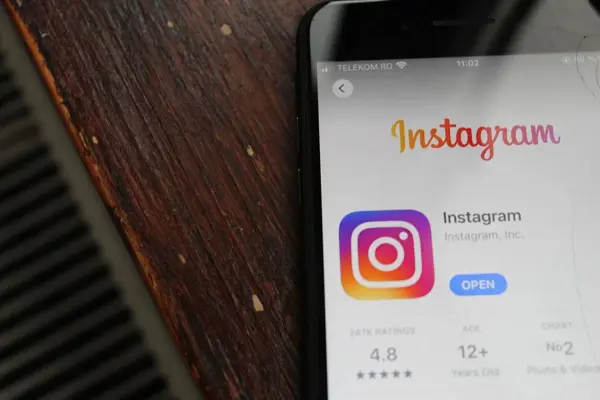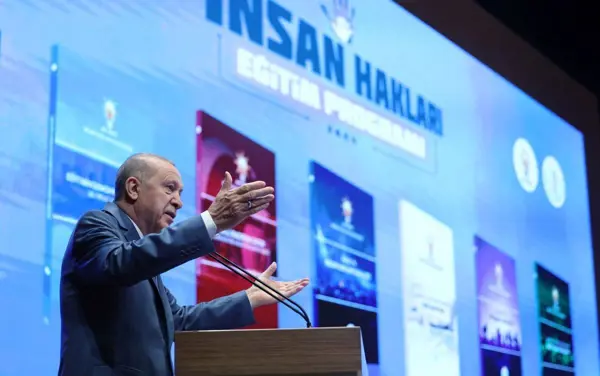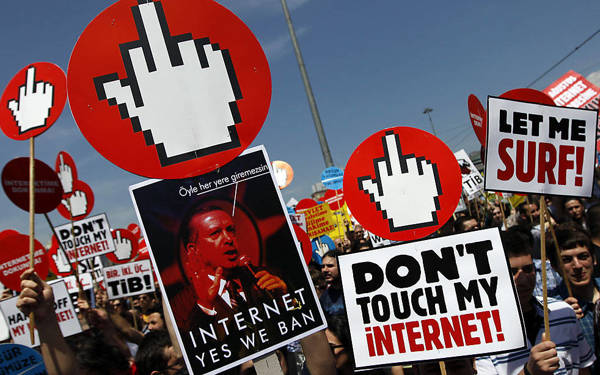Turkey restores access to Instagram after Hamas row

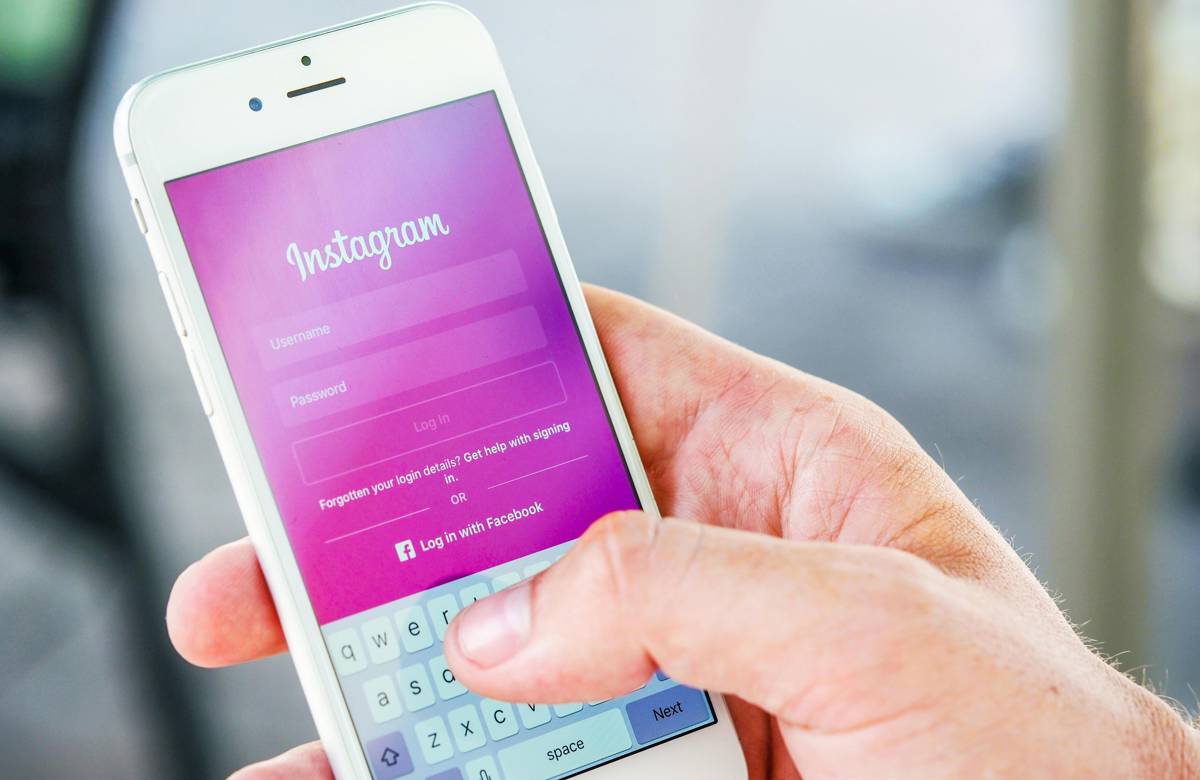
Turkey lifted its nine-day ban on Instagram late Saturday after a series of negotiations between Turkish officials and representatives from Meta, the parent company of Instagram.
The social media platform had been inaccessible since August 2, following the removal of posts by Turkish government officials that mourned Hamas leader Ismail Haniyeh, who was assassinated in Tehran on July 31. The posts referred to Haniyeh as a “martyr,” which prompted Instagram to restrict their visibility, leading to the ban.
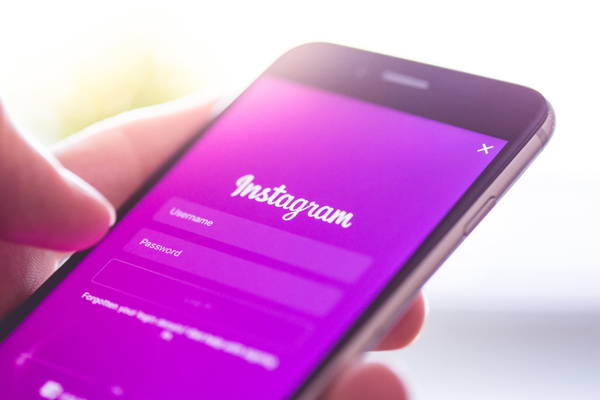
Turkey blocks Instagram after Erdoğan aide’s ‘censorship’ claim over killed Hamas leader
Transport and Infrastructure Minister Abdulkadir Uraloğlu explained the government's decision, stating, "As the Republic of Turkey, we imposed an access ban on Instagram on August 2 because the platform did not comply with our demands regarding catalog crimes. We have always insisted that social media platforms respect the laws of the Republic of Turkey."
Uraloğlu added that after negotiations with Instagram, the platform agreed to address Turkey's concerns, particularly regarding content moderation policies related to catalog crimes, which include threats to public order and the integrity of the state, incitement to violence, and promotion of criminal activity. The government did not specify which one of these ‘catalog crimes’ was the reason for the ban, nor a court order was published in this regard.
As soon as the ban was lifted, the Presidency’s Communications Director Fahrettin Altun reposted a message commemorating Haniyeh “on the tenth day of his martyrdom,” a post that was not removed. However, there were reports that similar posts by other users were still being deleted by Instagram, citing violations of its content policies.
View this post on Instagram
While Turkey has a long history of online censorship, with many major platforms from Wikipedia to YouTube facing bans at one point over the past two decades, Instagram has not been without its own share of criticism. Meta has been accused of censoring pro-Palestinian content, especially since the start of the Gaza war in October, with Human Rights Watch (HRW) describing the practice as “systematic censorship.”
‘Terrorism’ disagreement
The focal point of the negotiations between government officials and Meta representatives were reportedly Turkey’s “terrorism” concerns, with the government demanding stricter enforcement against posts in support of the Kurdistan Workers’ Party (PKK) militant group, the Syrian Kurdish People’s Defense Units (YPG) and the Fetullah Gülen Islamic cult accused of orchestrating the 2016 coup attempt.
This is where disagreement arose between Meta and ministry bureaucrats, with the company highlighting that the groups other than the PKK are not globally regarded as terrorist organizations, according to a report from the pro-government NTV channel. Meta’s restriction of Hamas-related content is also based on its efforts against ‘terror propaganda,’ adding another layer to the disagreement. Whether the eventual agreement will satisfy the Turkish government remains to be seen.
Meanwhile, Meta had already removed or restricted nearly 2,500 posts as per requests from Turkish judicial and administrative authorities, according to the company’s transparency report released on July 31, two days before the Instagram ban. Accordingly, 1,904 posts were restricted as per the authorities' requests, and 504 were removed in compliance with local laws in the first half of this year.
Pro-LGBTI+ posts
A senior official from the ruling Justice and Development Party (AKP) had brought LGBTI+s into the debate. Hüseyin Yayman, head of the parliament’s Digital Media Committee, said it was unacceptable that “content about child exploitation and LGBT issues can be freely shared while posts about the assassination of Ismail Haniyeh are censored.”
“The Turkish public’s sensitivity to Palestine is well known, and we cannot accept the censorship of content related to this issue,” he said on Aug 5.
However, there were no reports that LGBTI+s were part of the negotiations, despite the government has increasingly taken anti-LGBTI+ stance over the past years. (VK)




